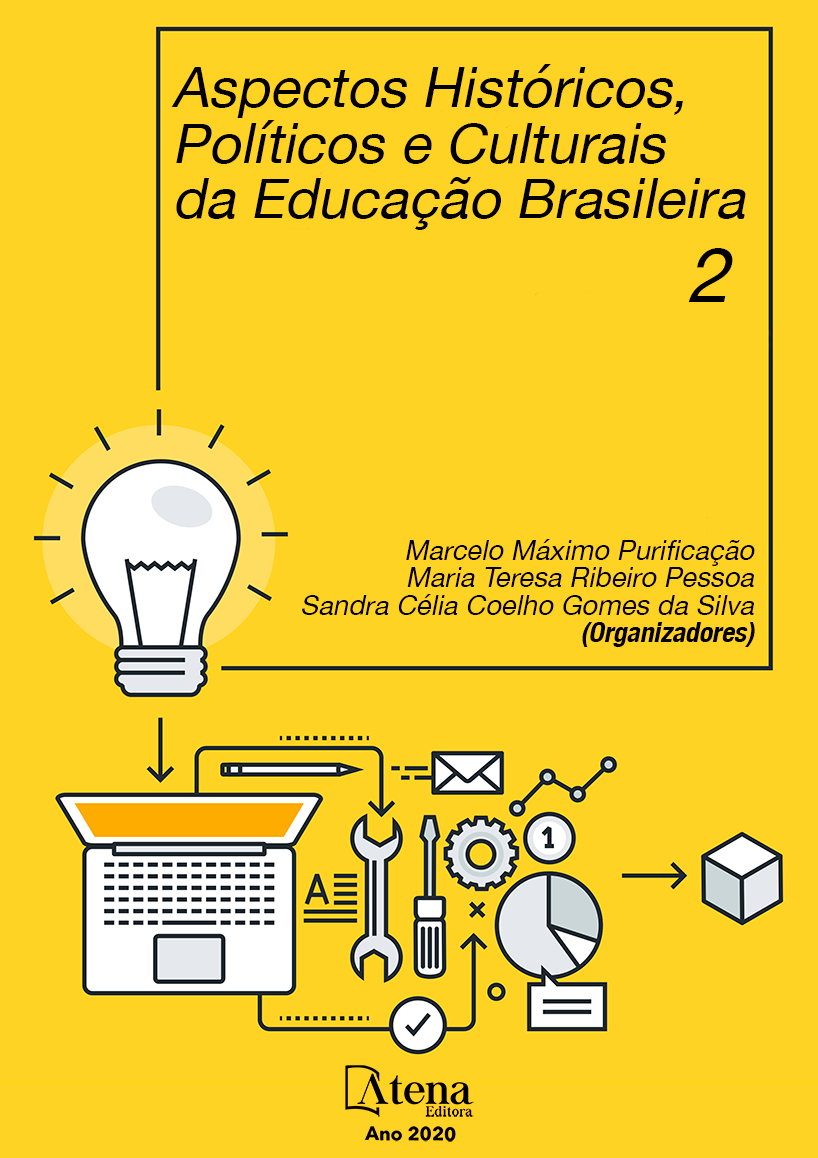
O OLHAR ACADÊMICO/PIBIDIANO SOBRE AS PRÁTICAS AVALIATIVAS NO ENSINO SUPERIOR
No que se refere as práticas avaliativas no ensino superior, a presente produção acadêmica tem como objetivo investigativo a partir do olhar técnico e pedagógico do acadêmico e pibidiano, problematizar e discutir as práticas avaliativas no ensino superior no curso de licenciatura em geografia nos Sertões de Crateús, analisar teoricamente e criticamente as práticas avaliativas pautadas no ensino de geografia e compreender a importância da avaliação para com o ensino e aprendizagem do licenciando. No conjunto do artigo, tem-se como recursos metodológicos, a pesquisa qualitativa de cunho bibliográfico fundamentada em autores que abordam a temática bem como: Vasconcellos (1998), Hoffmann (1994) e, principalmente Luckesi (2011) entre outros que possibilitam a construção do diálogo e contribuição para a pesquisa. Ainda, é pertinente o uso da etnometodologia embasada em Coulon (1995) para que se possa realizar análises e a abordagem da Lei de Diretrizes e Bases da Educação (LDB) como aporte para pautar a avaliação. Nestas perspectivas, leva-se em conta os saberes adquiridos na prática enquanto atuação no Programa Institucional de Bolsa de Iniciação à Docência (PIBID) e a troca de experiências entre o ensino superior e a educação básica. Ainda, as discussões sobre as práticas avaliativas são pautadas objetivando a pedagogia emancipadora no sentido de romper com as formas e padrões tradicionais de avaliar. Tem-se como resultados que, a avaliação é uma prática que requer atitude e que possibilita ao sujeito a construção de resultados positivos e a transformação social e política no princípio da humanização.
O OLHAR ACADÊMICO/PIBIDIANO SOBRE AS PRÁTICAS AVALIATIVAS NO ENSINO SUPERIOR
-
DOI: 10.22533/at.ed.05020210720
-
Palavras-chave: Ensino superior. Práticas avaliativas. Geografia. Sertões de Crateús. PIBID.
-
Keywords: Ensino superior. Práticas avaliativas. Geografia. Sertões de Crateús. PIBID.
-
Abstract:
From the technical and pedagogical point of view of the [academic] and pibidiano, and concerning itself with evaluative practices in higher education, the present [academic production] has the investigative objective to problematize and discuss the evaluative practices in the geography degree course in the Sertões de Crateús. It theoretically and critically analyzes the evaluative practices in the teaching of geography and understands the importance of evaluation for the teaching and learning of the [licensee]. The article has, as its methodological resources, qualitative research [of a bibliographic nature] by authors who address the theme, including Vasconcellos (1998), Hoffmann (1994), and Luckesi (2011), among others who facilitate the constructive dialogue and contribution to research. Still, the use of ethnomethodology based on Coulon (1995) is pertinent to carry out analyses and the [approach] of the Law of Directives and Bases of Education (LDB) as an input to guide the evaluation. Through these lenses, the article takes into account the practical knowledge acquired while working in the Institutional Program for Teaching Initiation Scholarships (PIBID) and the exchange of experiences between higher education and primary education. Discussions about the evaluative practices aim at the emancipatory pedagogy by breaking with the traditional forms and standards of evaluation.The results are that evaluation is a practice that requires [attitude], and that allows the subject to build positive results and social and political transformation in the [principle] of humanization.
-
Número de páginas: 14
- Mayara Barros Bezerra
- Antonio Avelar Macedo Neri
- Maria das Dores Alexandre Maia
- Oscar Soares de Araújo Júnior
- Arnóbio Rodrigues de Sousa Júnior


